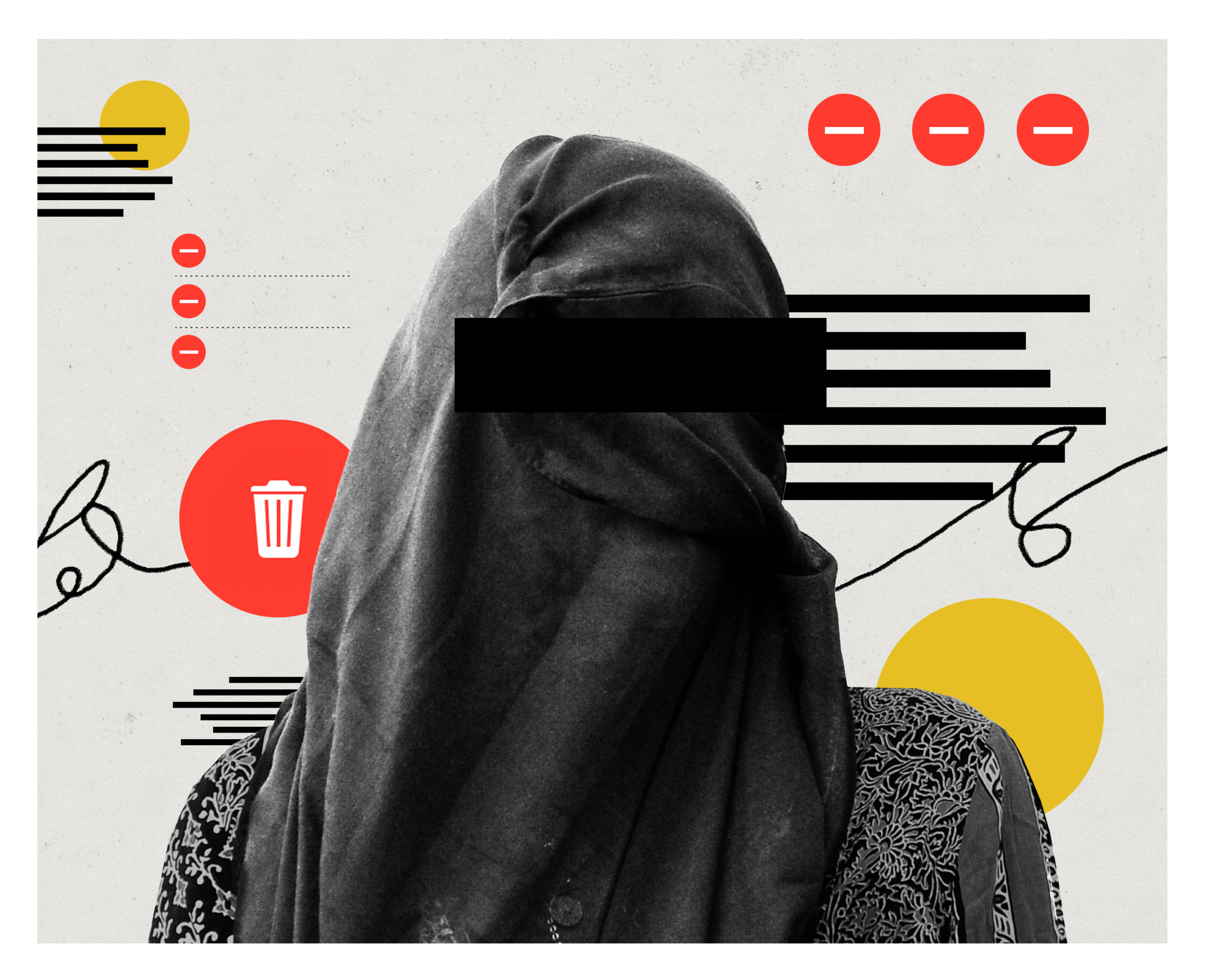Sign up for the daily CJR newsletter.
On Monday evening, media figures gathered at the Sheraton Grand in London for the annual awards of the Foreign Press Association. Among the nominees for one of the categories, the Thomson Foundation Young Journalist of the Year, which recognizes reporters under the age of thirty, were two female Pakistani investigative journalists—and the eventual winner, an Afghan reporter, whose work is so dangerous that she couldn’t be identified at all.
Maryam, which is not the reporter’s real name, is one of the few female journalists left in Afghanistan who report primarily on women’s issues. She told CJR that she works anonymously for her own protection and that of her subjects. She rarely meets with sources in public, and sometimes doesn’t even reveal her true identity to the people she interviews. To keep her identity a secret, she did not attend the awards ceremony. (When she was announced as the winner, the association replaced its live broadcast with a message on the screen noting that she was not being named “because of the restrictions on women imposed by the Taliban.”)
Life in Afghanistan has become increasingly difficult for women in the years since 2021, when the Taliban came back into power after two decades of American military control. The group banned women from attending university and required them to fully cover their bodies and faces when out on the streets. This August, the Taliban announced that it would ban women’s voices from being heard in public. Journalists have also faced a crackdown, including a prohibition on live broadcasts of political shows and criticism of the regime—Afghanistan is currently the third-lowest-ranked country in the World Press Freedom Index.
Despite the dangers, Maryam has continued to shine a spotlight on the plight of women living under Taliban rule. “My goal is to raise the voices of women,” she said. “This is not just a job for me, it is a responsibility. And for that reason, I am not scared of doing my job.” When Afghanistan experienced flash floods, in May, Maryam spoke to women in stricken regions who were struggling to access sanitary products; her article, published at the Afghan Times, an online news site that includes a special focus on the stories of Afghan women, noted that some of them felt uncomfortable talking about their periods with aid workers and local authorities who could be Taliban-linked. In July, she reported on the forced closure of women-only restaurants, describing them as one of the “few safe places left for Afghan women workers.”
By necessity, Maryam’s reporting process is far from typical—she takes great pains to keep the authorities from knowing who she is, and has to work with a male family member to secure interviews. Sometimes, the process of scheduling an in-person meeting can resemble a game of telephone: she asks her brother to call a male relative of the potential subject to make the arrangements. When she wants to meet with a source in person, she must bring along a man to chaperone. She’ll also ask around to assess if the person she’s supposed to meet can be trusted to keep her identity a secret. “It’s really hard for me,” she said.
Once the piece is ready to be published, Maryam removes all traces of her reporting from her devices, including deleting every email and call log, except for contacts with her immediate family. “If the Taliban checks my phone [and finds something], it will not be good for me. So, I delete everything,” she said. She only publishes the article after she has confirmed again that her subjects are comfortable with everything they’re quoted as saying. “It’s my job to keep her safe,” she said.
Maryam decided she wanted to be a journalist when she was studying at university, at the time the Taliban regime banned higher education for women. “I cried for five days,” she said. And then she got to work. “I wanted to be a voice of women, share their problems, and work on women’s rights in the Afghan community.”
But working anonymously also carries a cost—to her career and her pride. “It’s terrible for me that my classmates, relatives, and friends don’t know that I am a journalist working for women’s rights,” she said. “I wish I could tell them about my work. I wish I could work freely like women journalists in other countries who are doing their job openly. I wish to be a free journalist. But I can’t—I have to hide myself, hide my name, and hide my personality.”
Has America ever needed a media defender more than now? Help us by joining CJR today.







